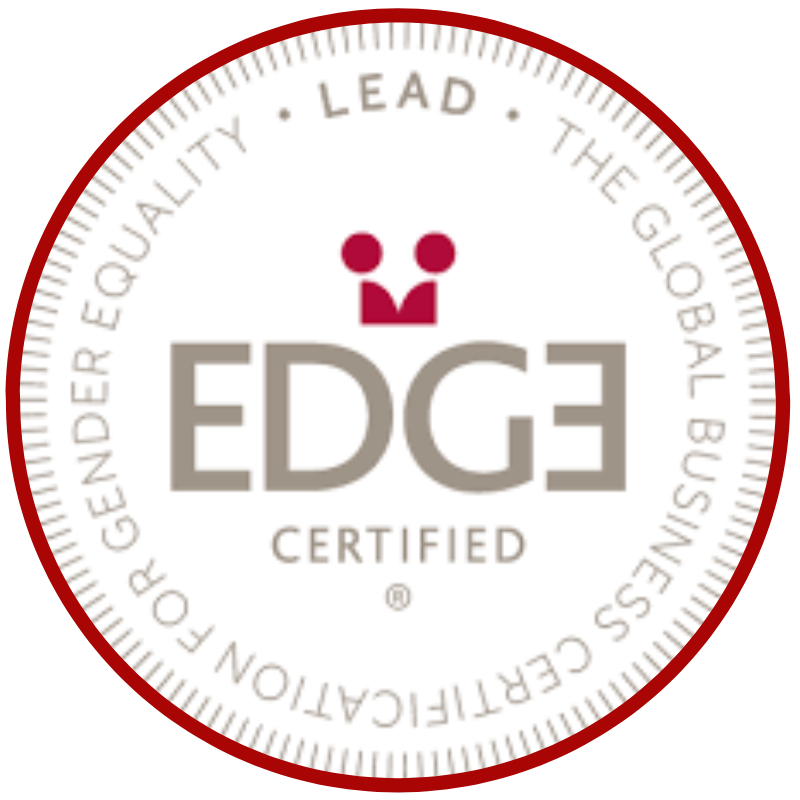I felt like I was at a NOW conference. Well, not quite.
 For the last two days, I attended a meeting put on by UN Women and the UN Global Compact to examine the progress made this last year in the implementation of the Womens Empowerment Principles. The Womens Empowerment Principles are a set of seven principles by which businesses can survey and analyze their own business practices and initiatives to ascertain how well they are doing utilizing womens talents and skills. There are almost 170 corporations and businesses that have signed onto this common sense approach:
For the last two days, I attended a meeting put on by UN Women and the UN Global Compact to examine the progress made this last year in the implementation of the Womens Empowerment Principles. The Womens Empowerment Principles are a set of seven principles by which businesses can survey and analyze their own business practices and initiatives to ascertain how well they are doing utilizing womens talents and skills. There are almost 170 corporations and businesses that have signed onto this common sense approach:
Establish high level corporate buy in for gender equality
Treat women and men fairly and equally at work
Ensure the health, safety and well-being of women and men at work
Promote education, training and professional development
Implement enterprise development, supply chain and marketing practices that empower women
Promote equality through community initiatives and advocacy
Measure and reporting publically on progress.
Companies signing on include well-known global giants such as IBM, Accenture, Deloitte, Ernst & Young, Alcatel-Lucent, Avon, Microsoft, Levi-Strauss and Symantec. The 150 attendees were a mix of women and men from business, investors, the UN and NGOs. Interestingly, 20 of the participants were from Brazil, a country that has made a large commitment to the principles, and just elected its first woman president last year.
The meeting focused on each of the principles what has worked, what hasnt worked and how to continue to make the case that paying attention to women is good for business. This is why I felt like I was at a womens conference not a business conference. Everyone in the room was passionate about women being critical to economic success and progress, and to the proposition that without womens participation, businesses will be less competitive. At the end of the second day, a participant said we need to ensure that women move from exploitation to empowerment, and it did not seem odd that the participant was a man from South Asia.
I was particularly impressed with efforts to increase the number of women owned businesses as suppliers in large procurements. The corporate representatives were clearly strong champions, and came from large global businesses. In fact, one of the corporate participants said that once a woman owned business gets to make its case, they sell themselves and the challenge is making sure that they get that chance.
The meeting was really remarkable in that regard- this was a room full of people committed to a strong bottom line and convinced that involving women was the path forward. In the words of the Womens Empowerment Principals equality means business.





